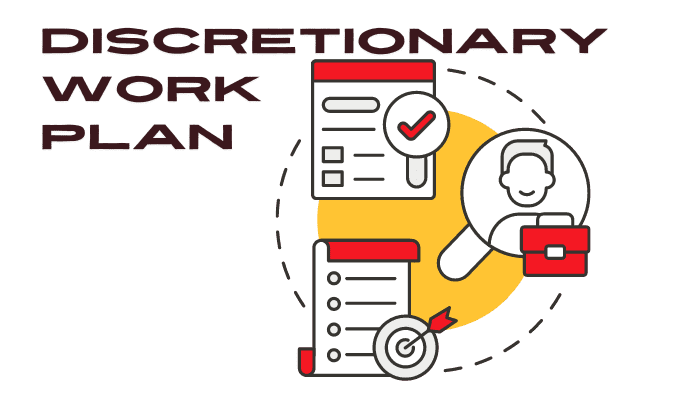In an era where remote work is becoming increasingly prevalent in the evolving landscape of modern business, harnessing discretionary work is essential to maintain productivity and morale among sales teams.
A recent study shared in Forbes suggests that nearly 74% of business professionals expect remote work to become the norm.
This shift poses new challenges, especially for sales teams historically based in an office environment.
How can we maintain or even enhance productivity and morale in this setting?
Through my research, I’ve found that while some employees thrive in a remote work environment, others struggle. The key to bridging this gap and ensuring all team members remain productive lies in implementing what I call Discretionary Work.
Understanding Employee Work Styles in a Remote Setting

If there’s anything we’ve learned from remote work, it’s that most employees can work effectively if working in a remote setting. However, most remote employees fall into one of three categories:
- Those who work so hard that they burn out,
- those who accomplish their work while retaining some level of balance, and
- those who struggle to maintain focus and complete their work.
As sales leaders, we must implement a framework that supports and guides all three employee groups, while identifying key priorities and tasks, with estimated completion times.
Consider for a moment that anyone can take the instructions for constructing a piece of IKEA furniture and generally put it together. Sure, the components don’t always fit together, and not everyone is handy with tools. But, when clear instructions, both written and visual are provided, most people can achieve a successful outcome.
How to Make a Discretionary Work Plan
Discretionary Work takes this concept one step further, providing time estimates that allow employees to plan their productive time accordingly (while also giving them targets to achieve).
A Discretionary Work plan outlines a productivity strategy highlighting critical activities for a role. It includes the following components:
- Critical Selling Activities – Outline fundamental activities that must be completed.
- Activity Highlights – Highlight key aspects of activities that can’t be missed or skipped.
- Activity Demonstrations – Enable employees to follow along according to their learning preferences, with written, visual, and audio content available.
- Activity Estimates – Suggest times for completion of critical activities.
- Activity Measures – Identify key measures of performance that leaders will be tracking and introducing.

The key to this model and ensuring our remote sales team can be productive without burning out, is to provide them with the critical selling activities, instructions, and support to be successful.
Optimizing Your Remote Sales Team with a Discretionary Work Plan
Discretionary Work provides a structured yet flexible framework that empowers remote sales teams to be productive without feeling overwhelmed with a plan that doesn’t suit their work style.
By focusing on critical activities, offering clear instructions, and setting realistic time estimates, we can support all employees, regardless of their work habits.
This approach not only helps in achieving key objectives, but also ensures that remote work remains a viable and effective option.
As remote work becomes a permanent fixture in the business world, adopting such systems will be crucial in retaining top talent and attracting new members to your team.
By embracing and refining these strategies, you can secure a prosperous and dynamic future for your sales team in the remote work era.


Share This Article
Choose Your Platform: Facebook Twitter Google Plus Linkedin